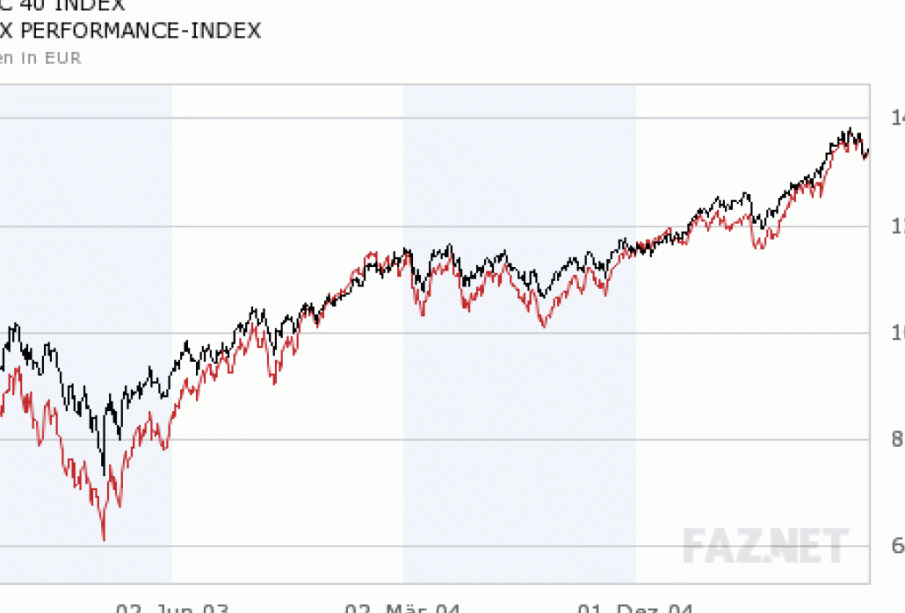Understanding the CAC 40: France’s Premier Stock Index

Introduction to the CAC 40
The CAC 40, short for “Cotation Assistée en Continúe,” is a benchmark French stock market index representing the 40 largest publicly traded companies on the Euronext Paris. Established in 1987, the CAC 40 is vital to France’s economy and serves as a barometer for the health of the French stock market. With a market capitalisation that reflects a large portion of the total market value of all French companies, understanding the CAC 40 is essential for investors, economists, and industry professionals.
Current Trends and Performance
As of October 2023, the CAC 40 has shown remarkable resilience and performance despite recent global economic fluctuations. After a challenging 2022, characterised by inflation concerns and geopolitical tensions, the index has rebounded, driven by several key sectors. Technology and energy stocks, particularly, have seen significant gains, bolstered by Europe’s transition towards sustainable energy solutions.
Recent reports indicate that the CAC 40 climbed steadily to around 6,800 points, reflecting approximately a 12% increase from the previous quarter. Major players such as LVMH, TotalEnergies, and Airbus have driven this resurgence, contributing significantly to the index’s overall performance. According to reports, the luxury goods sector has regained momentum, with LVMH hitting record sales figures.
Economic Implications
The performance of the CAC 40 carries substantial implications for both France’s economy and broader European markets. As the CAC 40 is heavily weighted towards consumer goods, finance, and industrial sectors, its performance influences investor sentiment across the continent. Analysts from leading financial institutions suggest that continued geopolitical stability and favourable economic policies will be crucial for maintaining investor confidence in the index.
Conclusion and Future Outlook
Looking ahead, the CAC 40 is poised for further growth. Analysts predict a potential rise in the index as companies adapt to changing economic conditions and focus on innovation and sustainability. However, factors such as inflation rates, interest rate hikes, and international trade developments could enter as variables affecting growth trajectories. Investors and stakeholders should stay vigilant and informed, as the future of the CAC 40 could significantly shape the landscape of the European financial market.








